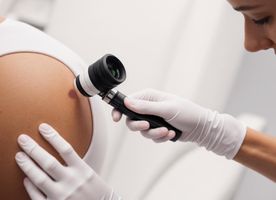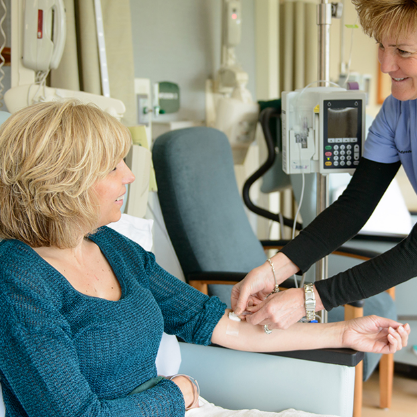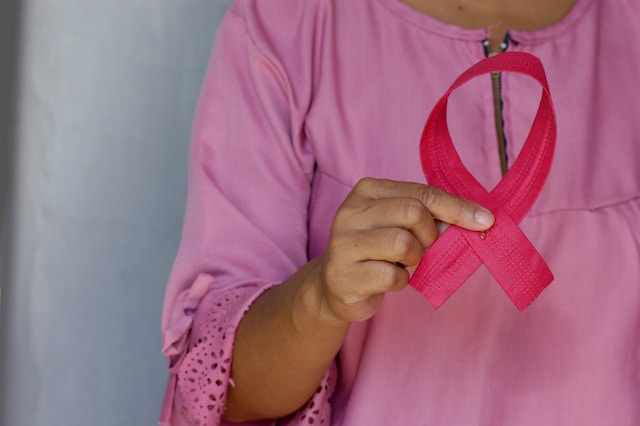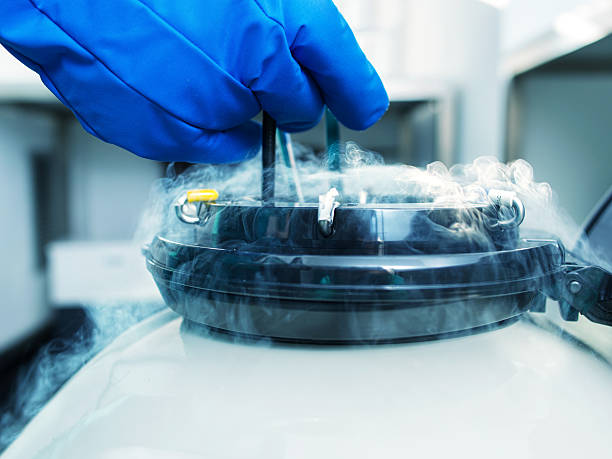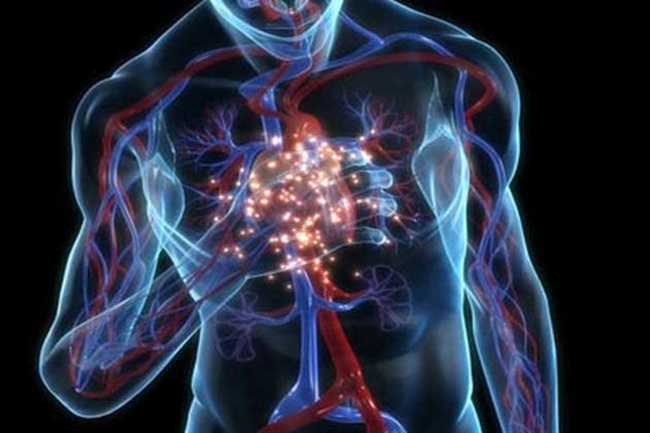Chemotherapy in R Para
Search and Compare the Best Clinics and Doctors at the Lowest Prices for Chemotherapy in R Para



































































































































































No Time?
Tell us what you're looking for and we'll reach out to the top clinics all at once
What does the Procedure Involve?
Chemotherapy drugs can be given in several different ways. The specific drugs used, their combinations, and the method of administration can vary greatly depending on the type of cancer, its stage, the patient's overall health, and the intended goal of treatment. These include:
-
Chemotherapy infusions – chemotherapy is most commonly given intravenously, which means as an infusion into a vein.
-
Chemotherapy shots – the drugs can be delivered through an injection with a needle to your arm, thigh, or hip, or sometimes in the fatty part of your stomach, leg, or arm.
-
Chemotherapy pills – some types of chemotherapy drugs can be taken orally in a form of pill or capsule that you swallow.
-
Chemotherapy creams – creams or gels that contain chemotherapy drugs can be applied to your skin. This is usually used to treat certain types of skin cancer.
-
Chemotherapy used to treat an area of the body – the drugs can be delivered directly to a specific area of the body. For example, the drugs may be given in your central nervous system (intrathecal chemotherapy), in your abdomen (intraperitoneal chemotherapy), or in your chest cavity (intrapleural chemotherapy).
Chemotherapy delivered directly to the cancer – in some cases, chemotherapy drugs may be given directly to cancer or the location where cancer once was (after surgery).
How Long Should I Stay in R Para?
Chemotherapy is usually given at regular intervals (cycles), meaning a period of treatment and then a period of rest. For instance, a 4-week cycle may include 1 week of treatment and then 3 weeks of rest to allow your normal cells to recover from the drug side effects. In some cases, the doses may be given in a certain number of days in a row or every other day for several days. Some drugs may also be delivered continuously over a set number of days.
Your chemotherapy cycle will be customized depending on your individual case. Therefore, your length of stay in R Para will depend on the schedule/cycle of your chemotherapy. Your doctor and medical travel team will be able to advise you on this matter.
What's the Recovery Time for Chemotherapy Procedures?
The recovery time for Chemotherapy can vary widely depending on the specific type of chemotherapy, the overall health of the patient, and the individual's response to treatment. Some people might feel well enough to return to their normal activities right away, while others may need weeks or months to recover. It is best that you ask your employer if you can work fewer hours, work from home, or adjust your schedule when you have cancer treatment.
It's important to understand that the side effects of chemotherapy can be considerable, and managing these effects is an essential part of the recovery process. Side effects can include fatigue, nausea, hair loss, and an increased risk of infection, among others.
What sort of Aftercare is Required for Chemotherapy Procedures?
Post-treatment care for Chemotherapy involves managing potential side effects and being vigilant for signs of complications or recurrence. Depending on your specific situation, this could translate into regular follow-up appointments with your healthcare professional, blood examinations, imaging tests, or even additional treatments. All this is vital to allow your doctor to evaluate the effectiveness of your treatment.
Self-care is paramount during this period. You should consider the following:
-
Eat food with enough protein and calories to keep your weight up.
-
Wear a hat and use sunscreen SPF 30 or higher when you are out in the sun.
-
Each time you use the toilet, close the lid when flushing and flush twice.
-
Do not have any sexual activity for 48 hours following chemotherapy.
What's the Success Rate of Chemotherapy Procedures?
The efficacy of chemotherapy hinges on a myriad of factors that include the site, nature, and progression phase of your cancer. Your age, general health condition, and any pre-existing health issues also contribute to the success of the procedure. In certain cases, the Chemotherapy can be remarkably successful in eradicating cancer. Some patients may find it helpful for alleviating symptoms, stalling disease progress, and boosting their life quality.
Are there Alternatives to Chemotherapy?
If chemotherapy proves ineffective, or if you're reluctant to proceed with the procedure, your physician may suggest alternative methods such as radiation therapy, immunotherapy, hormone therapy, and targeted therapy. Each of these treatments can function as a standalone or adjunctive treatment.
It's imperative to discuss over all potential treatment paths with your doctor, weighing the prospective advantages, risks, and side-effects of each. In-depth research and clear dialogue with your healthcare provider will help you to make a well-informed choice about the most suitable treatment strategy for your circumstance.
This information has been accurately sourced and verified by a medical professional for its accuracy, however, we strongly recommend you to consult with your doctor before pursuing medical procedures overseas.







